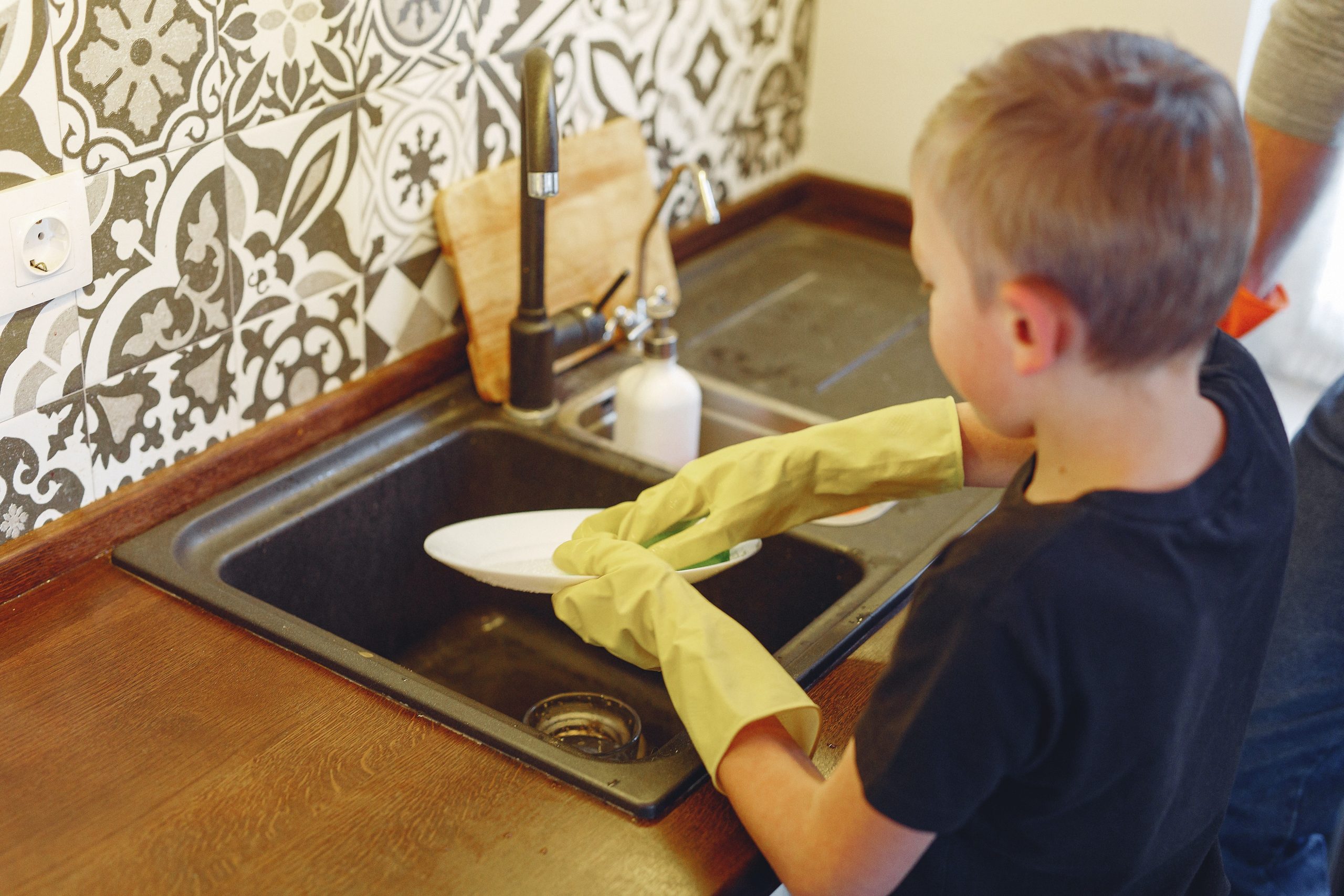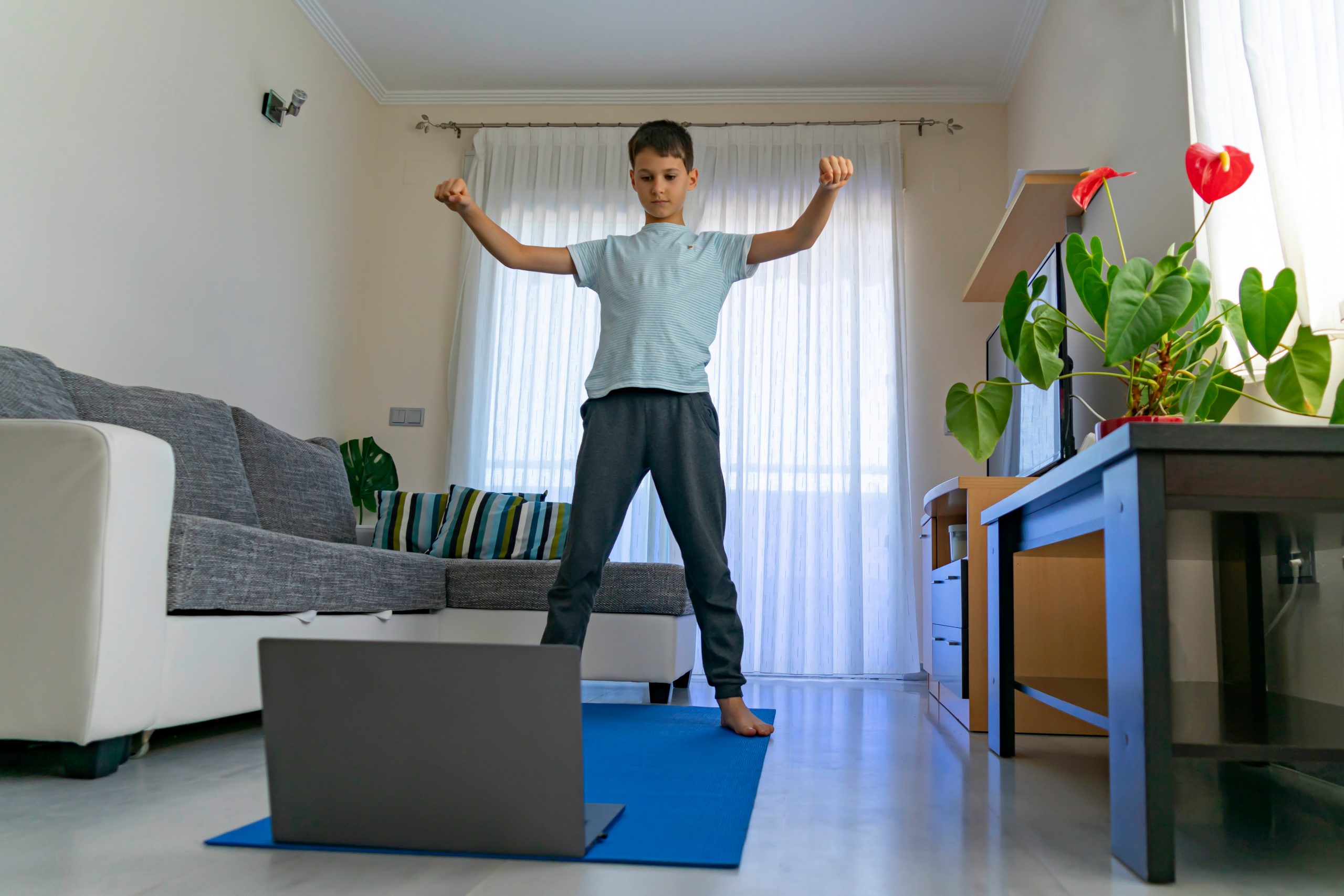Virtual Services
The Covid-19 pandemic has presented families many challenges due to lengthy school closures, the need for alternate work arrangements and community restrictions impacting the availability of resources, direct support and interaction that youth and young adults with ASD. For over twenty years, wm+a has been providing specialized and individualized direct support and clinical services to children, youth and adults with a range of needs and circumstances. Now more than ever, we are sensitive to the needs of these individuals and their families and to support our community we have expanded our services to include virtual options.
In addition to direct, in-person services, our virtual services can be booked as either stand-alone sessions or in addition to the standard direct support we typically offer. Virtual sessions are person-directed/specific and are aimed at the goals you identify, in the area of reducing anxiety and restoring a sense of routine while focusing on wellness and coping, activities of daily living, and social and recreational.
wm+a virtual services will adhere to the same quality standards that define all our services: individualized goals, service coordination, personalized scheduling, confidentiality, professional conduct, and documented progress.
Wellness Check-ins
- Speak with the individual or family about how they are coping with sudden changes to their daily routines.
- Talk about the things that may be bothering, worrying, or making the individual feel anxious and upset.
- Providing structure and routine through strategies that allows the individual to anticipate what may come next in the day and may help them live reduced stress and anxiety.
- Explaining new expectations and social rules that the individual will have to adhere to in order to keep them safe and healthy.
- Practice new social expectations and strategies with the individual to see how they are coping.
- Spend time talking about things that interests the individual, maintain focus on positive experiences.


Support with Activities in Daily Living (ADL’s)
- Talking about new social expectations and rules for safe distancing when interacting with others. How to greet others, maintain personal space and hand washing are some activities that can be discussed and worked with between wm+a associate and the individual.
- Supporting individuals with visual aids or social narratives (simple stories explaining current situations). These techniques will allow the individual the opportunity to process information in multiple formats given potential receptive communication deficits.
- Facilitate and support positive coping and calming strategies with a list of choices for calming during these stressful times that helps the individual with self-regulation and managing anxiety.
- Supporting individuals in learning new skills/ committing to existing skills such as laundry, cooking a simple meal in order to enhance their independence.
- Supporting individuals for academic activities or work – related activities
Leisure/Recreation
- Physical activity: supporting individuals in doing physical activities they enjoy but need motivation to engage in. This could be a walk together, a dance class, yoga, etc A schedule of physical activity has many benefits; we will be creative in engaging those we support in fun, enjoyable and easily maintained routines, both inside the house and where possible outside.
- Enjoyment of music: supporting individuals in listening to music, especially that which is calming to the person. This may create a positive practice of asking for or seeking calming music both at a time of increased anxiety as well as simple enjoyment.
- Interests and hobbies: exploring new interests and hobbies may require some encouragement or support in making it happen: how to cook or trying a new recipe, read or write stories, playing a virtual game. There are many options and very much guided by the interests of those we support.
